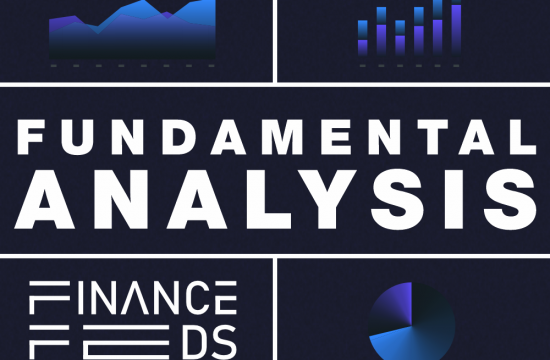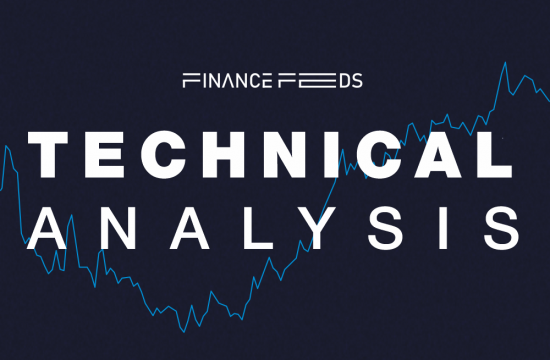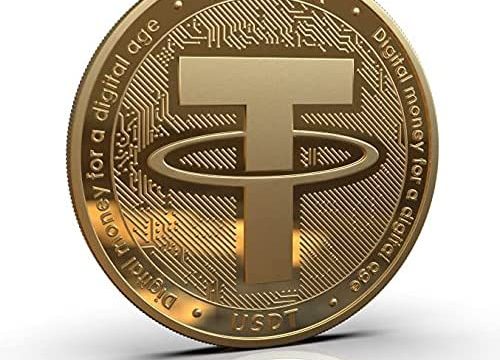In ruling against the SEC’s motion, Judge Analisa Torres also stated Ripple is entitled to a full opportunity to assert its fair notice defense and have it adjudicated before a plaintiff may impose liability.

The court has ruled against the SEC on its motion to strike Ripple’s fair notice defense in a major win for Ripple.
The order signed by Magistrate Analisa Torres confirms that the defendants’ fourth affirmative defense is a viable path to win the SEC v. Ripple lawsuit.
Stuart Alderoty, Ripple’s General Counsel, commented: “Good to see the Judge rejecting the SEC’s attempt to prevent Ripple from pursuing its fair notice defense. It’s even more imperative that the sun sets on the SEC’s “regulation by enforcement” approach.
“Today’s order makes it clear there’s a serious question whether the SEC ever provided Ripple with fair notice that its distributions of XRP – since 2013 – would ever be prohibited under the securities law.”
The Judge presiding the court analyzed both parties’ arguments and found the “plausibility standard of Twombly applies to determining the sufficiency of all pleadings, including the pleading of an affirmative defense”, adding that courts apply a generally lower plausibility threshold when evaluation motions to strike affirmative defenses.
In ruling against the SEC’s motion, Judge Analisa Torres also stated Ripple is entitled to a full opportunity to assert its fair notice defense and have it adjudicated before a plaintiff may impose liability.
Ripple’s fair notice defense pleads the firm lacked and the SEC failed to provide fair notice that its conduct was in violation of the law. The SEC moved to strike this defense because it claimed to be legally insufficient and would lead Ripple to seek “intrusive discovery”.
The “intrusive discovery” mentioned by the SEC may include many of the documents the agency claims to be privileged. The battle over DPP isn’t over just yet because the plaintiff moved a motion for the judge to reconsider her prior ruling.
Judge Sarah Netburn allowed some documents to be produced to Ripple, including notes and emails regarding ex-SEC William Hinman’s 2018 speech on Ether.
The SEC spent much of the time claiming the speech was his personal opinion, but the strategy backfired as the judge then considered the documents in preparation for the speech not to be protected by deliberative process privilege.











